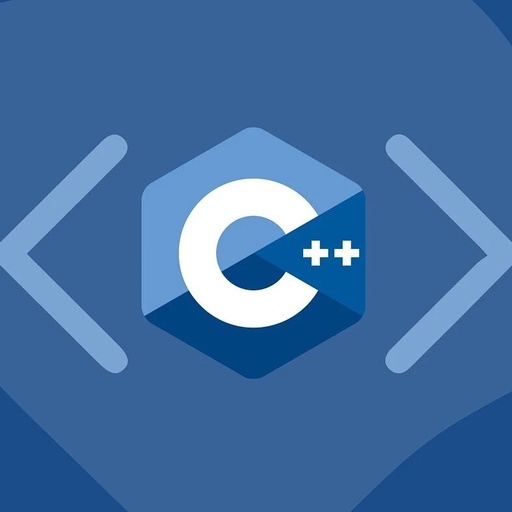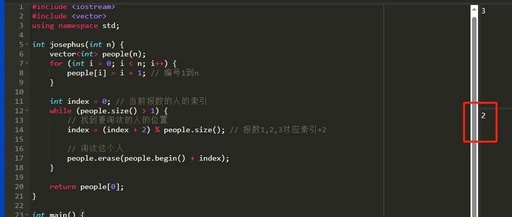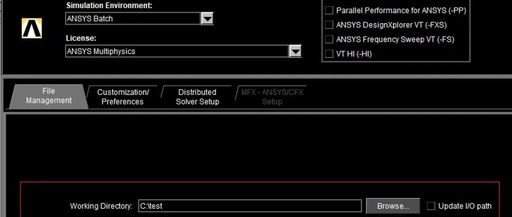The Relationship and Differences Between C and C++: An In-Depth Analysis
In computer science, C and C++ are two very important and widely used programming languages. Although they share many similarities, there are also significant differences. This article will detail the relationship and differences between these two languages and provide code examples to help readers better understand. 1. Introduction to C C is a general-purpose, efficient, … Read more









